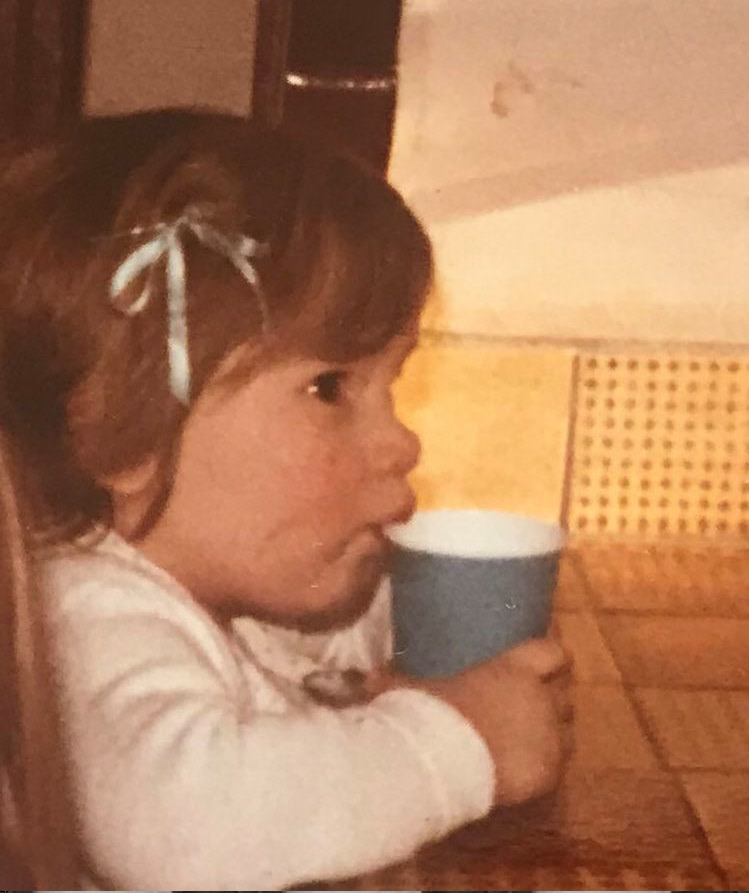Creator/Writer/ Producer for PBS Digital
in co-production with KCET & LA STEREO TV
in co-production with KCET & LA STEREO TV
BEST DIGITAL NEWS REPORTING at the 74th GOLDEN MIKE AWARDS (2024)
Nominated for an LA Press Award & a Los Angeles Emmy Award (2024)
In this episode, we stop by South Los Angeles cultural hub Leimert Park, where Hip-Hop artists and entrepreneurs experiment with new technologies to create and reimagine possibilities of their craft in a digital space. Host Dr. Taj Frazier explores how Hip-Hop's revolutionary roots give artists and their communities the tools to navigate, innovate and transform spaces that are often overlooked. Featuring Young Guru, Collimation TV, Paris McCoy. In co-production with KCET/PBS. Jan 2023.
In this episode, we meet independent artist Vritra, former member of Hip-Hop collective Odd Future, as he tests out AI programs for a new song. He collaborates with computer scientist / musician Micah Brown, who developed assistive AI platform BrainRap to listen to artists freestyling, singing or writing and suggest words and phrases in real-time. Dr. Taj Frazier explores AI benefits and pitfalls.Micah Brown from BrainRap and Dr. Safiya Noble, author of "Algorithms of Oppression". In co-production with KCET/PBS. March 2023.
Are virtual avatars the next evolution for Hip-Hop? And what are the problems they pose when they’re misused? In this episode, our host Taj Frazier, PhD takes a look at emerging Virtual Artists and the long history of musicians using alter egos to transform and explore their image and sound. We explore the questions that arise when avatars are created outside of the context of Hip-Hop communities and the pitfalls that ensue. How can we make virtual avatars ethically and rooted in our lived experiences?
As Hip-Hop reached its 50th anniversary, the question of preserving its culture and artifacts is coming to a head. While hip-hop's cultural artifacts can be found everywhere from private collections, to museums, to the merchandise stand — new technologies like photogrammetry and LiDAR are establishing a means of historic preservation in a digital space through 3D twins of the real world. With simple tools like a photo camera or even a smart phone, users can make 3D renditions of real-life objects, places, and people with a simple scan. The “digital twin” is becoming a tool of historic preservation in virtual worlds. But Hip-Hop remains a marketable and a popular cultural currency. 3D renditions of places and artifacts can be done without the artist’s consent and remain in the hands of interests outside of the culture. In a world where anything can be turned into a virtual 3D object, how do artists maintain sovereignty and control over their works in a digital space?
Hip-hop has a long history of representing and championing underserved communities as an activist voice and movement builder. Artists have used the power of song to reflect on social injustices, discrimination, and struggles faced in inequitable societies. In this episode we’ll meet artists who continue Hip-Hop's revolutionary legacy using new technologies to voice their lived experiences featuring Queen D WScott, Sum, Jamel Mims. June 2023.
